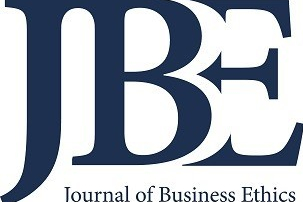Professor Dr. Lars Hornuf has published a new article in the Journal of Business Ethics under the title "Disentangling Crowdfunding from Fraudfunding." The article emerged in collaboration with Prof. Douglas Cumming from Florida Atlantic University, Professor Dr. Denis Schweizer und Dr. Moein Karami (both Concordia University). The Journal of Business Ethics is a FT-50 List Journal.
Fraud in the reward-based crowdfunding market has been of concern to regulators, but it is arguably of greater importance to the nascent industry itself. Despite its significance for entrepreneurial finance, our knowledge of the occurrence, determinants, and consequences of fraud in this market, as well as the implications for the business ethics literature, remain limited. In this study, the authors conduct an exhaustive search of all media reports on Kickstarter campaign fraud allegations from 2010 through 2015. The authors then follow up until 2018 to assess the ultimate outcome of each allegedly fraudulent campaign. First, the authors construct a sample of 193 fraud cases, and categorize them into detected vs. suspected fraud, based on a set of well-defined criteria. Next, using multiple matched samples of non-fraudulent campaigns, the authors determine which features are associated with a higher probability of fraudulent behavior. Second, the authors document the short-term negative consequences of possible breaches of trust in the market, using a sample of more than 270,000 crowdfunding campaigns from 2010 through 2018 on Kickstarter. The results show that crowdfunding projects launched around the public announcement of a late and significant misconduct detection (resulting in suspension) tend to have a lower probability of success, raise less funds, and attract fewer backers.
The full article can be downloaded here.


